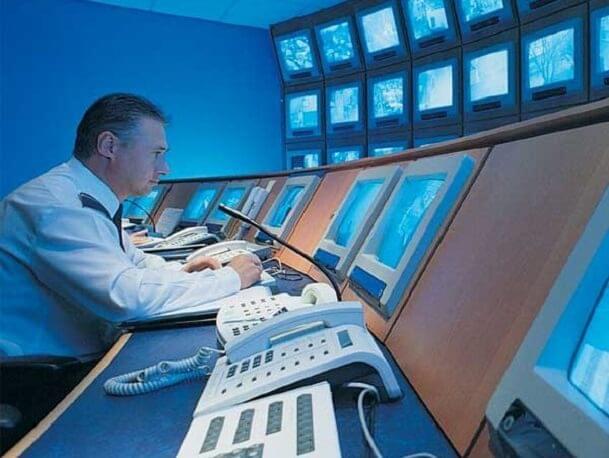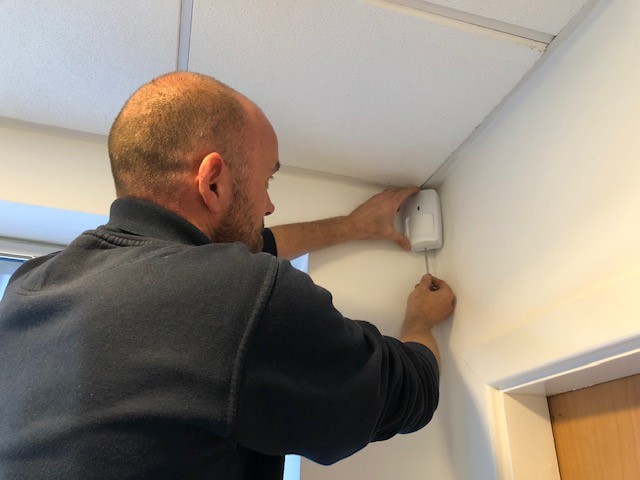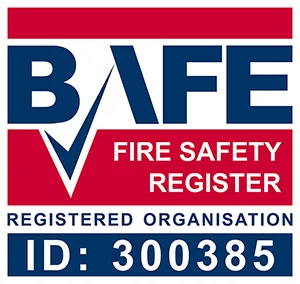Today, there is a phenomenal amount of home and business alarm systems on the market – an indication of their importance in our daily lives. But, unless you have an in-depth understanding of a product’s specific features, its capabilities and potential shortcomings, it can be a minefield knowing which system would work best for your particular circumstances.
Above all, for a home or business alarm system to be proficient, it should be capable of demonstrating three fundamental things: firstly, it needs to be extremely reliable; secondly it must be simple to install and operate; and thirdly, it must be capable of providing actual, real-time security alerts – with minimal false alarms.
If you can tick all these boxes, you should be on the right path to selecting the most appropriate intruder alarm system for your requirements. You may not end up with the cheapest possible option – but at least you will have the peace of mind that the equipment will do the job you want it to do.
So here are the seven main considerations that need to be addressed:
1. Does the security company have a broad enough range of products to meet varied and changing needs?
Whether you are looking to install an alarm system in a residential or commercial establishment, no two security situations are the same - the size of the site and the layout of the premises for a start. There may well be different access points, areas that are more susceptible to break-ins and there may also be a need to provide greater security in certain rooms or sections of the property, depending on the value or importance of your inventory. For all these reasons, once a proper site survey has been carried out (an essential), it may become clear that a number of different alarm system components will be required. These might include movement sensors, magnetic door-open or glass break sensors, smoke detectors etc.
So, you need to be dealing with a company that has a product range compatible with your specific demands – now and into the future.
2. How easy is the alarm system to install, configure and operate?
An intruder alarm system that is both difficult to configure and operate can be problematic and end up causing a lot of stress. If the product is tricky to install, it often follows that it will leave you with deployment issues going forward. You want to be able to activate and deactivate the system with ease. Thus, a system that is easy to install, maintain and user-friendly should be a top priority.
3. Will the system be plagued with false alarms?
As a homeowner or business manager, you do not want to be frequently pestered by false alarms, wasting your time and causing unnecessary inconvenience, triggered by incidental things like animal movements, high winds, torrential rain or even leaves falling off adjacent trees. You would very quickly lose faith in your intruder alarm system if it kept going off every time a leaf blew against a door or window!
Good quality equipment will all but prevent false alarms (no system is 100% fool-proof) and react only to genuine situations. It should be capable of verifying a real emergency in real time, enabling the speediest possible response.
4. Can the wireless alarm detector be relied upon to detect and transmit security incidents should they occur?
Today, the majority of alarm systems rely on wireless deployment. There are a number of advantages that this brings, including reducing the need for cumbersome cabling and a potentially lengthy installation process. Nevertheless, although wireless technology is designed for convenience, its effectiveness is totally dependent on having a stable and reliable wireless data transmission capability. Can it be trusted to detect a security breach and then successfully transmit the information?
5. Are the alarm detectors capable of being integrated with other on-site security equipment?
The flexibility of the alarm system is also of paramount importance. For many applications, alarm detectors, sensors, cameras and other security components, like CCTV, may all be required to ensure the premises has adequate protection. With this in mind, it is vital that the equipment works seamlessly to monitor and report any real-time security breaches.
6. Will alerts automatically be sent to an Alarm Receiving Centre (ARC)?
Nowadays, many homeowners and businesses want their security systems monitored by an Alarm Receiving Centre (ARC). If this is your preferred option, it is essential that the equipment you install is compatible with the software used by the Centre.
7. How much will alarm equipment cost?
In our experience, most people do not have clear knowledge of how much an alarm system will cost to adequately cover their security needs. Inexpensive does not generally equate to being the best value for money. Good security will also have a positive impact on your insurance premiums. We tailor-make security solutions to suit all budgets. Above all, we can guide you through the myriad of options to match your needs.
Next steps
We trust that this easy-to-follow guide will help point you in the right direction. Justice Fire and Security have been in the residential and commercial security business for well over 30 years. The intruder alarms we install not only stand the test of time but, more importantly, they act as effective deterrents against crime. We work with a number of world-class security component manufacturers, like Hikvision and Pyronix, whose industry-leading technology and know-how provides user-friendly, 24/7 security for a wide range of applications.
If you want to discuss your home or business security, please call our main switchboard today on 0845 468 0927. Based in Birmingham, we provide extensive coverage throughout the West Midlands and East Midlands, within a 50-mile radius. This includes major conurbations and outlying areas of Wolverhampton, Stoke, Worcester, Coventry, Lichfield and Stafford.






